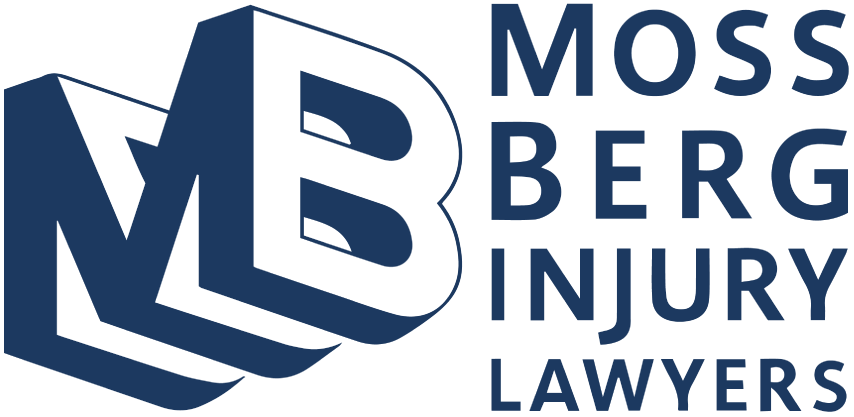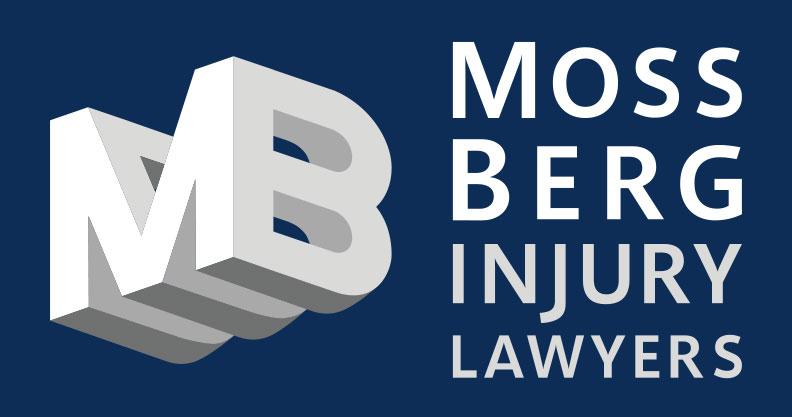by tfarino
Share
Share
Learn about what is required in order for an employer to face liability if one of their drivers in a company vehicle or a personal vehicle used for company work is at fault and causes you to be injured in an auto accident.
Determining Employer Liability in an Auto Accident
Many people drive a company vehicle in order to do their jobs. If one of these drivers is at fault in a car accident that causes you to be injured, you may have a case against the employer. An accident lawyer in Las Vegas can represent you and help to determine if the employer has any liability for the damages to your property or the medical expenses that you incur.
Employer Negligence
One way that an employer can experience liability for an injury accident is if they are negligent in hiring the driver. For example, if the driver did not have a valid driver’s license or certification to drive the type of vehicle, the employer could be held liable. The employer must also perform due diligence to ensure that the driver is not operating the vehicle under the influence of prohibited substances that could affect his or her ability to safely drive the vehicle.
Negligent Supervision
Negligent supervision is another way that a driver’s employer could be held liable. For example, employers must do due diligence to ensure that their drivers are complying with federal and state laws regarding hours of work, weight loads on trucks and other issues. If the employer is not properly supervising the employee, the company and supervisor could be held liable for damages.
Vicarious Liability
Vicarious liability in an accident involves the employee acting as the agent of the employer. The law may consider the employee and employer to be one agent if the employee was following the exact instruction of the employer. For example, if the employee is told to drop off the mail at the post office and causes an accident on the way, this is vicarious liability. If the employee decides to stop for breakfast, the employer may not be held liable.


